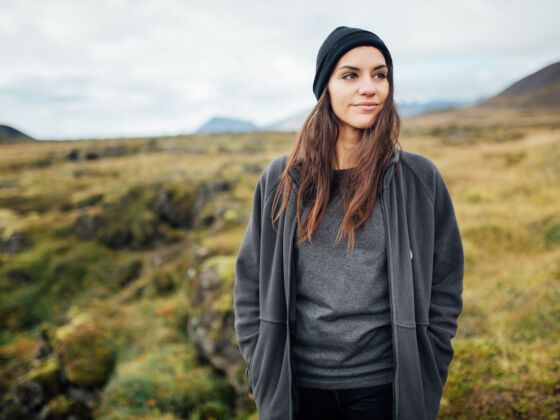1. Letting babies sleep outside in freezing temperatures.
For generations, Icelandic babies have napped outside in freezing temperatures. Today, it’s altogether commonplace to see strollers sitting outside of shops and cafés while parents enjoy coffee indoors — no matter the weather. Since Iceland has one of the lowest crime rates in the world (less than two murders per year), the chance that one of these outdoor-snoozers might be kidnapped is about as slim as a Christmas without snow in Reykjavík. A far greater danger involved with infant outdoor napping is high winds — every now and then, it’s possible to witness a lone stroller blowing down the street in the wind. Still, Icelanders firmly believe that babies sleep better when they’re surrounded by nature and that the white noise of the wind soothes them in a way that indoor clamor cannot. And with Iceland having some of the cleanest air in the world, it’d be a shame to not let these tiny Vikings get their fill early on.
